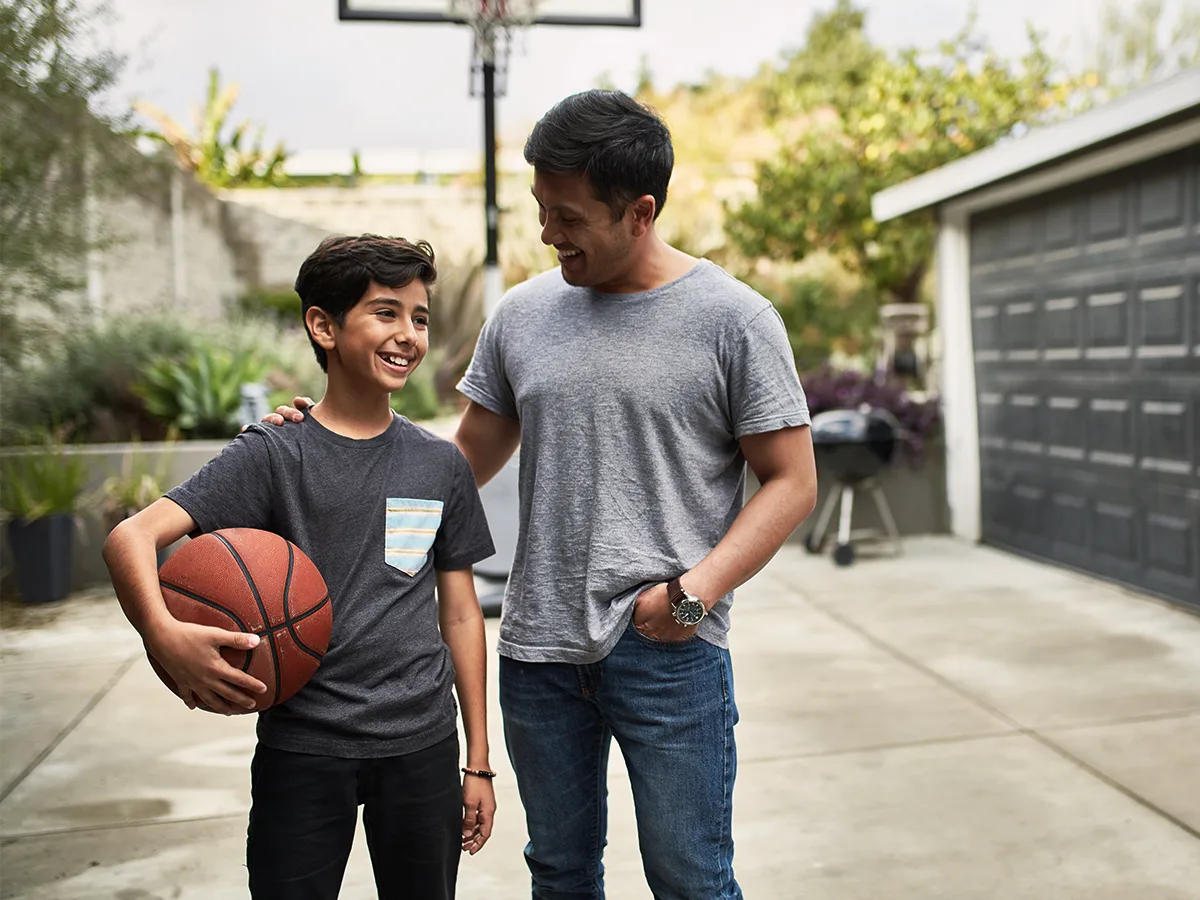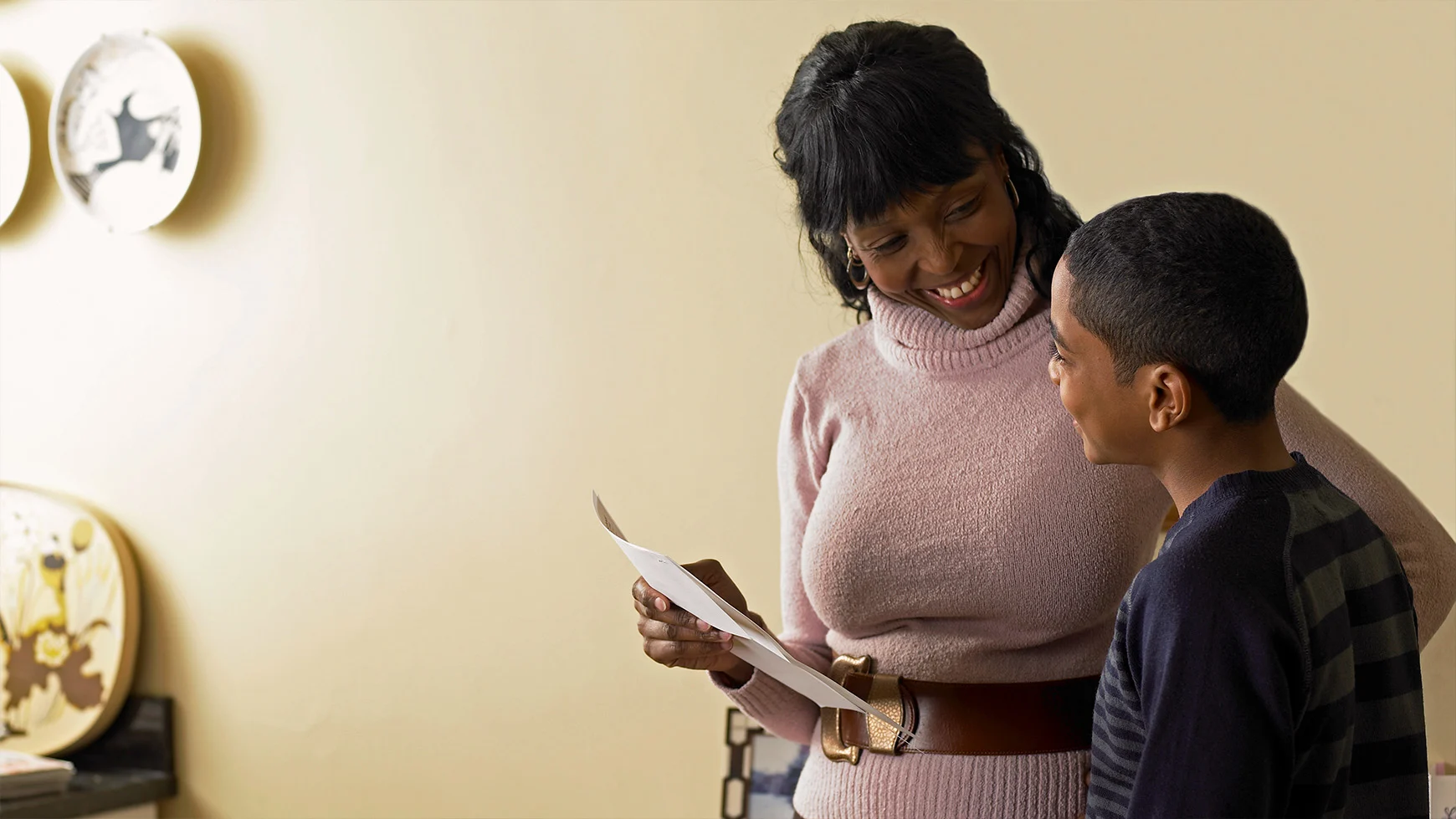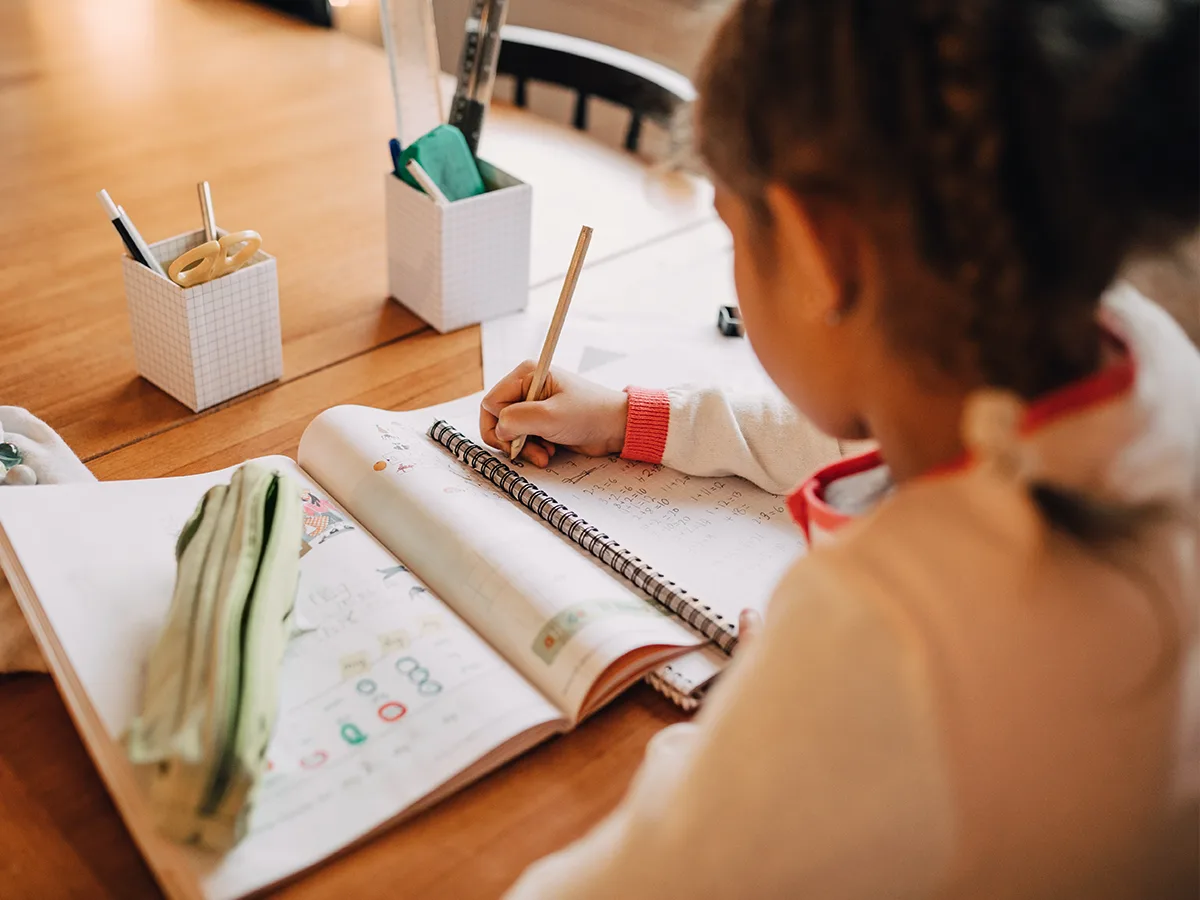My son failed a big test. Here’s how I helped him move forward.
How should parents react when a child fails a test? Find out how one mom helped her child move on and learn from failure.

By DeJunne’ Clark Jackson, MA, MAT, MEd, CALT, LDT
Updated May 3, 2023
Tests are a big deal to kids. They’re unavoidable. So is failure.
I remember when my son failed two of the biggest tests as a sixth grader: the annual state language arts and math assessments. He’d actually failed these tests each year since he was 9. But as a middle-schooler, he was much more aware of the impact this failure had on him — both socially and academically.
As a kid who learns differently and has an IEP, my son had been practicing diligently for these tests. So this failure was a big disappointment for him. He felt like all of his hard work had been for nothing.
It was tough to watch him go through such a difficult time. Truth be told, I wasn’t surprised by the failure. Reading and math test failures weren’t new to us. But I was sad that I couldn’t take away his disappointment.
What I could do was help my son move forward from this setback. Here’s what I did when we talked about the failure.
I gave him my undivided attention.
I knew it was important to create a supportive environment for my son to express his feelings. I found a quiet and comfortable space where we could talk without distractions. Then, I encouraged him to share how he felt. I asked questions like “Can you tell me what you’re thinking right now?”
I used active listening techniques to show him I was fully engaged in the conversation. I made eye contact, nodded my head, and asked clarifying questions.
I also avoided interrupting or offering unsolicited advice. I wanted to give him the space to share his thoughts and feelings first.
Trust me, this was not easy. I am usually full of unsolicited advice!
I helped him put it in perspective.
Once he finished sharing his thoughts, I nudged him toward a more positive outlook. I reminded him of his past successes. I also pointed out the progress he made before — and even after — the test.
We talked about how a test is simply a snapshot of his performance. It does not define him as a person. And a failure doesn’t show his ability to be successful in other areas.
I also reminded him that everyone fails at some point in their lives — sometimes often. I shared a story of my own failure and how I overcame it. I wanted him to see that failure is not the end of the world and that it’s possible to move past it and achieve success.
We planned for the next test.
Next, we shifted our focus to the future and thought about ways to do better next time. We went over some of the material covered in the test and noticed areas where he struggled. For example, I asked, “What was the hardest part of the math problems?” This helped us pinpoint his challenges in multi-step math problems.
Then, we came up with a plan for how to address these challenges — at home and at school. We talked about the importance of self-advocacy. I encouraged him to reach out to his teacher for more support. We also talked about asking for help from other school staff, like paraprofessionals.
Kids can be very hard on themselves when it comes to failure. My son was no different. In the end, he learned to let go of the pressures of the tests. This led to a healthier attitude about failure and made him more willing to take risks and try new things.
The next year, my son improved his scores. We turned this failure into a learning experience that he carries with him today.
Explore more resources on learning from failure:





